Following the decision of the American Supreme Court to revoke the right to abortion, Aurore Bergé, president of the LREM group in the National Assembly, tabled a bill to include the right to abortion in the Constitution French.
"
No one can be deprived of the right to voluntary termination of pregnancy
", she wants to register.
In the process, Elisabeth Borne declared that the government would support this proposal "
strongly
".
If the NUPES has also said that it is in favor of including the right to abortion in the Constitution, François Bayrou, a member of the presidential majority, is more skeptical: "
Frankly, in the state where the country finds itself , with all the questions we have in front of us, is it good and useful to do this?
While no political party calls into question the Veil law and what it has become through the different developments, I am not in favor of tracing American political life.
»
Should we or should we not inscribe the right to abortion “
in stone
” in the Constitution?
If some see the Constitution as a bulwark against potential attacks from the extremes, Bruno Daugeron, professor of public and constitutional law at the University of Paris Descartes, is worried about this “
constitutionalization of politics
”.
According to him, by brandishing the shield of the law, politicians try to reassure themselves by its legal power and its almost immutable side.
A false protection, because “
one can always modify the law and even the Constitution
”.
LE FIGARO. -
LREM has tabled a bill to amend the Constitution to include the right to abortion.
Procedurally, how would this be done?
Bruno DAUGERON. -
The Constitution is revised in principle by its article 89 which provides for two methods: revision by referendum or only by the vote of the two Assemblies meeting in Congress.
In the first case, the president or the deputies table a bill which must be examined and voted on in identical terms by the two assemblies.
The text is then submitted by referendum to the French people.
It should be noted that if the proposal is of parliamentary origin, it is always submitted to a referendum, which implies a campaign and a debate having repercussions on society as a whole.
Another possibility to reform the Constitution: have the text voted by 3/5 of the deputies and senators, meeting in Congress, under the impetus of the President of the Republic.
Finally, note that there is a third controversial way to modify the constitutional text.
According to article 11,
“the President of the Republic, on the proposal of the Government or of the two assemblies, may submit to referendum any bill relating to the organization of public powers
”.
The use of this article - brandished twice in the past by General de Gaulle, in 1962 and 1969 - is disputed because it twists the original text to apply it to the Constitution and therefore go beyond a possible parliamentary veto.
Aurore Bergé said she wanted to set
the right to abortion “in stone”
.
In your opinion, is this the role of the Constitution?
It is difficult to say that the role of the Constitution is to “
preserve fundamental rights
” by including them in its text.
Admittedly, over the past fifty years we have witnessed an evolution in the purpose of the Constitution, and with it, of constitutional law, from the status of a text distributing powers between the powers to a “
charter
” of fundamental rights.
But this evolution is less the fact of the governor than that of the constitutional judge.
For example, it is its case law, starting with the "
Freedom of association
" decision of July 16, 1971, which incorporated into the Constitution the preamble of the said Constitution and its almost inexhaustible reservoir of standards affecting individual freedoms, which gave birth to the “
constitutionality bloc
”.
Admittedly, the 2008 revision, through the procedure of the priority question of constitutionality, did introduce the notion of “
rights and freedoms guaranteed by the Constitution
”.
But the reality is that these “
rights and freedoms
” are more the product of constitutional jurisprudence than of the work of the constituent.
This is above all how the preservation of fundamental rights is supposed to be done.
Even if the judge is accused of creating standards from scratch and arbitrarily or giving principles a “
constitutional value
” on his own initiative.
It is of course possible to modify the Constitution to create new provisions (permit, prohibit, enable) in various areas, or even new rights, but it is necessary to ensure the coherence of the whole and the consequences that any attempt to modify may have on the general institutional balance.
This is not the first time that the government has announced that it wants to modify the Constitution to include a political element. Already in December 2020 Emmanuel Macron had proposed to include ecology. Is this a desirable development?
It is a strong tendency of our rulers to want to modify the Constitution, and more precisely to add to it in order to respond, on the spot, to a topical political question.
Or in any case, respond to give the feeling that a reaction must be given immediately to anything that is considered a problem, including when the subject does not concern us.
The precedent of 2020-2021 that you mention tending to include the "guarantee of the preservation of the environment, biological diversity and the fight against climate change" in the Constitution was already an illustration of this.
The project was all the more curious in that there already exists an Environmental Charter dating from 2004 adopted by the settlor in 2005 to which the Council of State and the Constitutional Council have recognized constitutional value, which essentially stated the same thing and from which judges regularly derive binding standards.
But we could at least see where climate protection could find a place within the very text of the Constitution, namely Article 1.
Nothing of the sort with Aurore Bergé's proposal, because we see no title of the Constitution likely to accommodate such a principle, nor even any article if we want to preserve the Constitution's character as a supreme norm, it is that is to say, a text distributing competences between the different organs of the State without getting involved in everything or being reduced to an inventory of rights.
Therefore, the real difficulty of wanting to include the right to abortion in the Constitution is that we do not know where to put it in the text.
The real difficulty of wanting to include the right to abortion in the Constitution is therefore that we do not know where to put it in the text.
Bruno Daugeron, professor of public and constitutional law at Paris Descartes University.
What are the risks of calling for a modification of the Constitution with each political development?
The risks seem high to me.
The adoption of a law,
a fortiori
constitutional, requires time, reflection, debate.
What Montesquieu said of the laws applies only with more force to the Constitution, which one should touch “
only with a trembling hand
”.
The pace of the legislator is not and should not be that of political communication, where immediacy wreaks havoc.
The piling up of norms to proclaim “rights to”, assuming it to be relevant, has never been such as to ensure their effectiveness in society.
Bruno Daugeron, professor of public and constitutional law at Paris Descartes University.
Before deciding on the substance, it is worth considering the meaning of such a proposal and the concrete implications it could have, if only in its drafting.
More generally, recourse to the law as a solution to all that is perceived as a problem in society seems to me to be not only an illusion and what is more dangerous.
The piling up of norms to proclaim “
rights to
”, assuming it to be relevant, has never been such as to ensure their effectiveness in society.

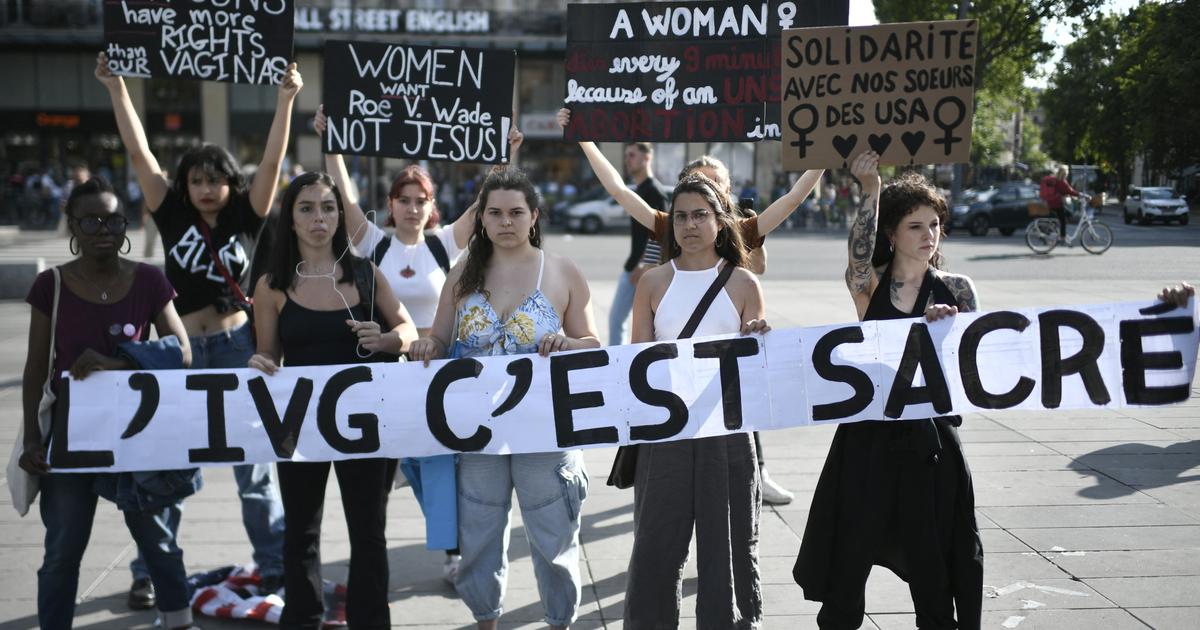



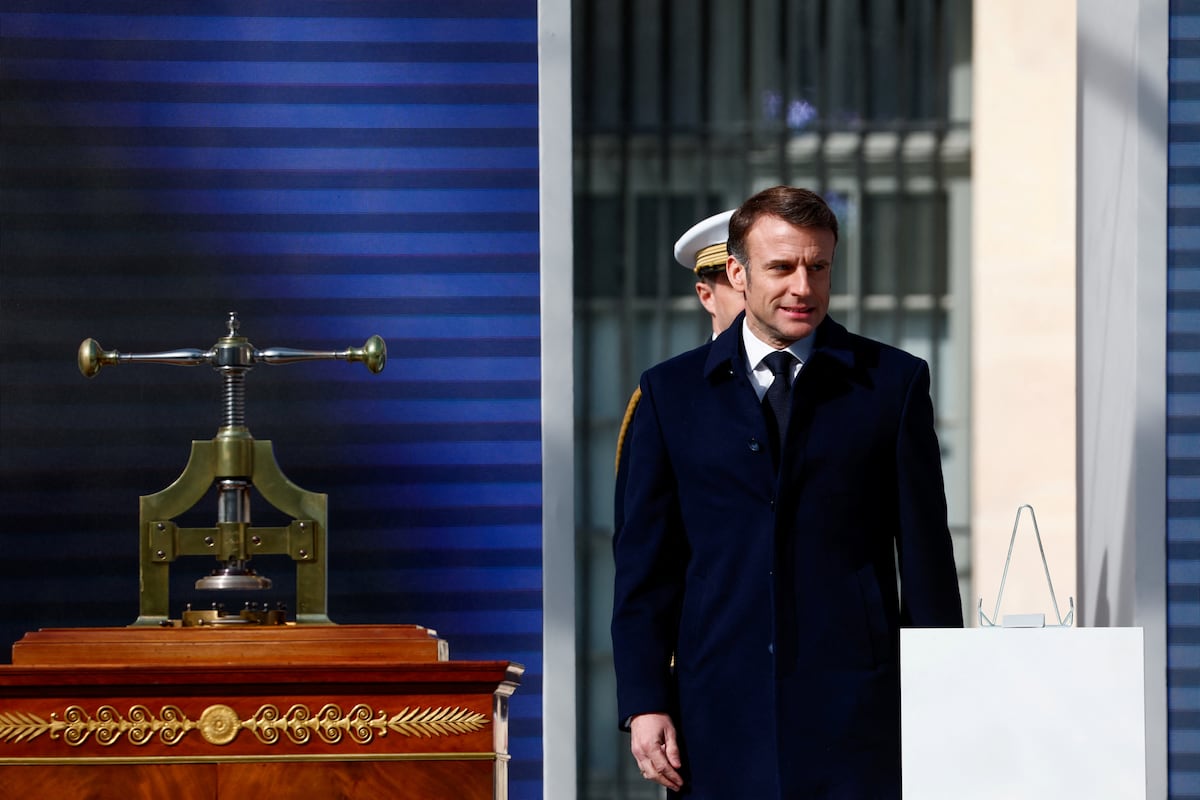

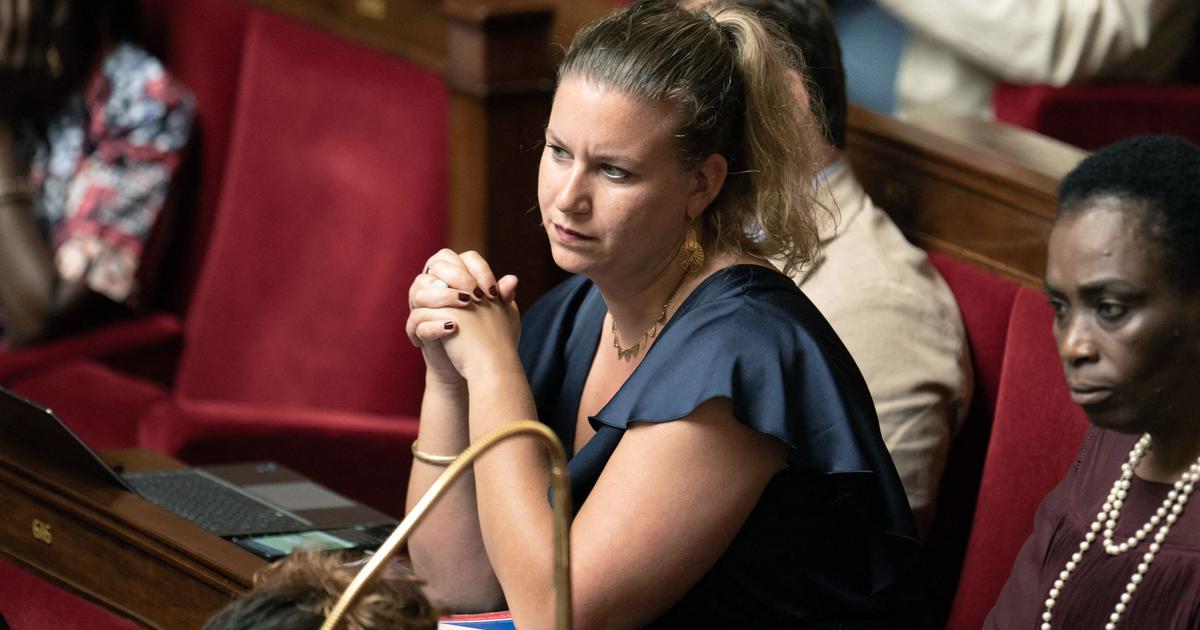
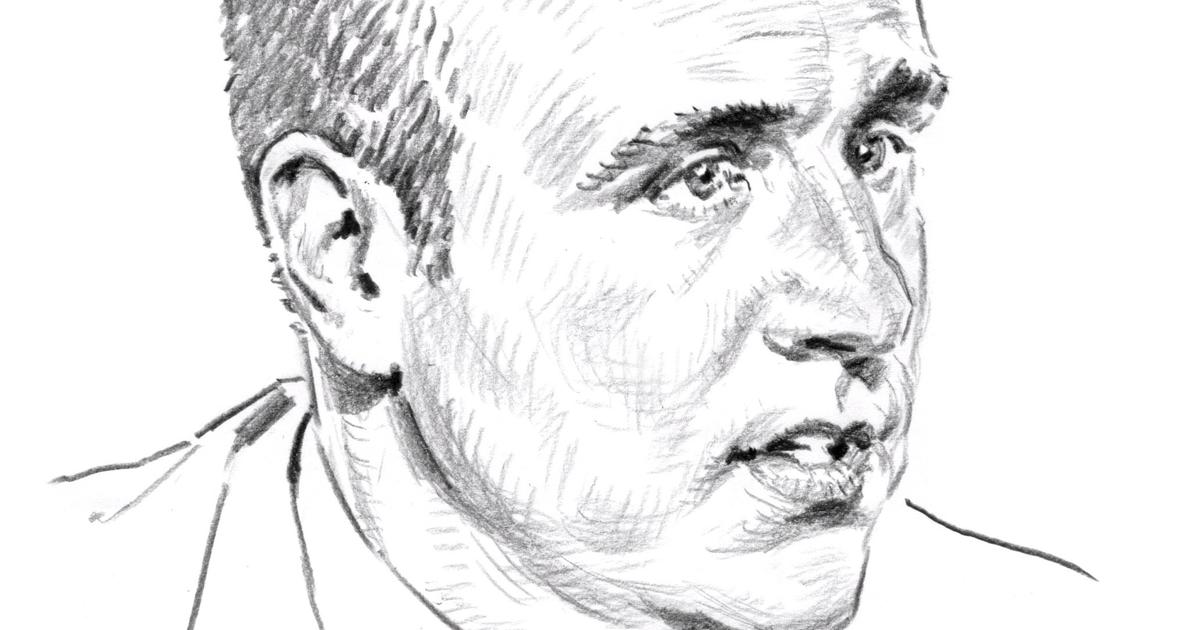
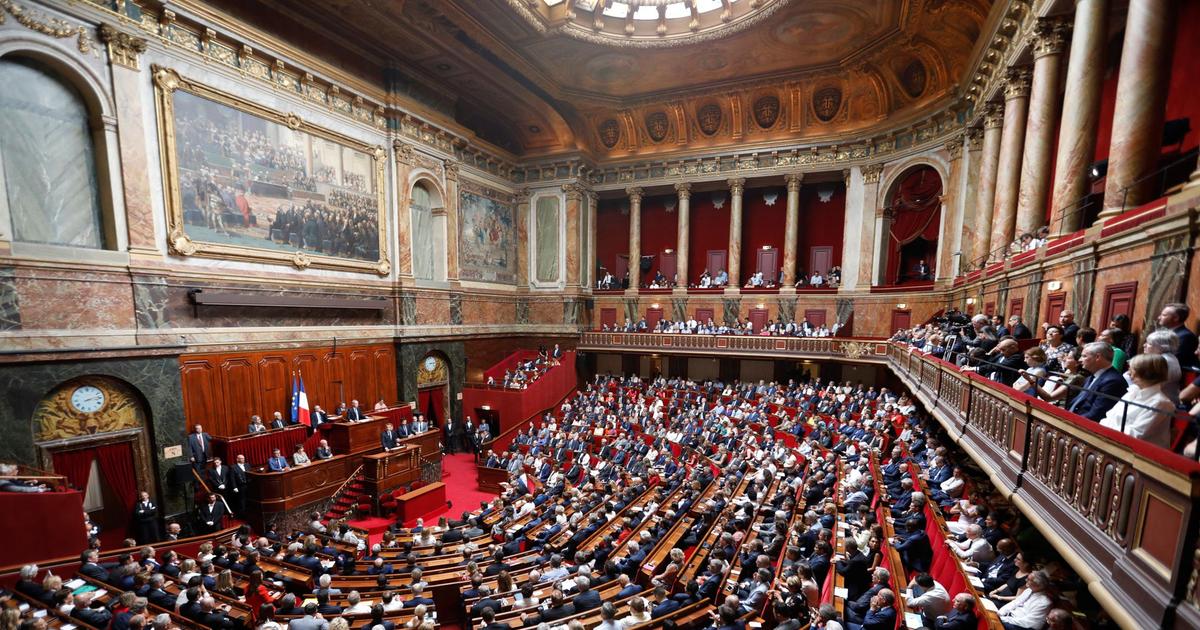


/cloudfront-eu-central-1.images.arcpublishing.com/prisa/KMEYMJKESBAZBE4MRBAM4TGHIQ.jpg)


